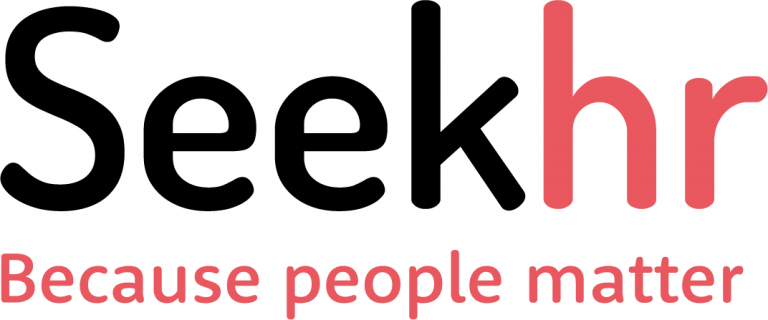PA to Finance Director at a leading investment bank
If you’re thinking of embarking on a career as an administration professional, or you’re looking to move into a new sector, it helps to know a little about what a typical day working for senior managers and directors in that industry is truly like.
To help you get better acquainted with the day-to-day realities of work in this sector, we’ll be hosting a series of posts — A day in my shoes. In these posts, we interview an experienced professional and ask them to share their thoughts and insights.
To make sure you don’t miss out on future posts, why not subscribe to our newsletter? There’s a quick submission form at the bottom of this page!
Talk me through your average day
Currently, I am supporting a Financial Director (FD) and his team of 12. Predominantly, I support the FD but may complete ad hoc admin tasks for the team. I pull reports for him daily and am often collating PowerPoint presentations, analysing data and organising his travel. It definitely helps me in this role that I’m numerate and am technically savvy!
A love for spreadsheets certainly goes in my favour too.
What are the key skills you need to have?
I always find that appearance is paramount in this role. I have experience working in pharmaceuticals, financial services, and media and have found that especially if you are working for a corporate organisation then going suited and booted always puts you in a strong position to impress. In many ways, you are an ambassador for the business and you are representing your boss at all times. What’s the saying? You sum a person up within the first 30 seconds of meeting them?
I found this article particularly interesting on the impact of appropriate business dress.
Essential skills are communication, adaptability and organisation. I always take an interest in the structure of the bank and the responsibilities of the person I am supporting from an operational level – I find this goes a long way.
What are your favourite elements of your job?
I really like the challenge of establishing a relationship with the team or executive. The better you understand them and their habits the more likely you are to anticipate their needs and gain their trust. I find that I am always looking for ways of making my Director’s working life easier and finding better, more efficient ways of doing things. For example, historically, the PAs in the business organised all the travel but I was able to find a provider who would do this for us at a discounted rate – the fact that such a time consuming task was now outsourced, meant that all PAs had more time to support their executives and take on new, more diverse duties. In turn, the PAs were challenged which helped our retention and the executives were grateful that we had more availability for them.
I get an enormous amount of satisfaction in taking my manic, and more often than not, disorganised boss (however brilliant) and transitioning their life into one that is the complete opposite.
What elements of the role do you find most challenging?
When you are supporting multiple people, you may have conflicting requests, and explaining to someone that what they want to do will need to wait as you are doing something more important for someone else, doesn’t always go down well. You need to be tactful and always remember your audience. Once you have established a good relationship with the people you are supporting, juggling conflicting priorities gets easier.
What motivates you?
I’m very results-driven. Doing a good job and achieving the desired end result is my primary motivation. I enjoy working on a project autonomously, however, I’m particularly motivated by the energy you get when working in a team. It’s very rewarding working closely with others who share the same common goal – and I naturally appreciate it when my boss compliments me for a job well done.
Also, my bonus is personal performance based only – This gives be a real drive to ensure that I go above and beyond.
What advice would you give to someone starting out?
Always be forthcoming. Throw yourself into the role and don’t be afraid to ask for extra responsibility. My boss regularly seeks my input and takes my steer on business decisions. I’ve worked for the FD for 7 years and love the trust that I’ve built, a dance of sorts.
Always go to your boss with a solution and not a problem.
The rational decision making model is a good step by step approach.
- Identify the problem.
- Determine solution criteria.
- Generate potential solutions.
- Analyse each potential solution against criteria (goals/objectives)
- Select the best solution.
- Determine an implementation plan.
- Document the information.
- Meet with your boss.
If working in the financial services sector sounds like the type of challenge you’re after, check out the current opportunities we have available at www.executivepartnerships.co.uk




